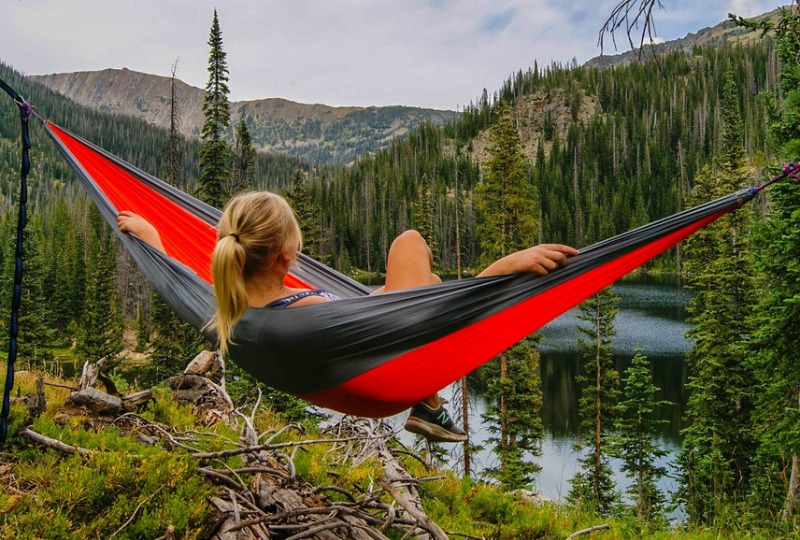
The travel industry is growing by leaps and bounds – that’s no secret! While the concept of holidaying remains more or less the same, a lot has changed when it comes to the way it is planned and executed. Gone are the days when holidays were an annual affair, a grand family outing, with every detail carefully managed. Today, people celebrate unconventional methods of vacationing, where the cliché has made way for impromptu and exciting!
Check out the sea of change the travel industry has been through. Are we, the travellers, complaining? Nope. Not at all. Bring on the changes, we say!
1. Booking a holiday:
Then: Making phone calls to book hotels/airlines, travel agents
Now: Online booking, smartphone travel booking apps
Back in the day, when the Internet wasn’t quite a common part of every household, booking a hotel room via a travel agency was more of an exception than the norm. One would rather rely on a tried and tested method of booking via a travel agent than scouting for online options. But now, armed with attractive options and heavy discounts, online travel agencies are luring the customer right, left and centre. So, booking that sea-facing, deluxe hotel room which you’ve always wanted to spend night at – is no longer a dream.
2. Where to?
Then: Places that are clichéd, conventional, traditional
Now: Places that are offbeat, unconventional
Not long ago, surveys used to unanimously declare destinations like London, Paris, Las Vegas, or Bangkok as the ‘most visited cities of the world’, but now that the travel business is booming, the more underrated yet gorgeous places are finally getting their dues. People now look forward to have a new experience, and do not shy away from looking for lesser-known, yet exciting and unusual destinations.
3. Checking out the place:
Then: Guides, guide books, maps
Now: Google Maps, GPS, smartphone travel apps
Google maps is certainly a blessing in disguise for all the navigation-challenged! Struggling with paper maps, trying to mouth really difficult names – commuting in foreign lands has always been nightmare for most of us. But not anymore! Google Maps has changed the face of travel, encouraging people to venture out on their own (via car or bike), and explore the place without the fear of losing their way. Being lost has never been so attractive…
4. Solo Travellers and weekenders:
Then: One big, fat, family vacation, one or two (at the most) vacations per year
Now: New-age solo travellers
Vacations are no more an annual family affair; people now take a break when they want to, often utilising their weekends for instant gratification. Recent years have also seen a steep rise in solo travellers who do not think twice before rewarding themselves with a holiday, even if it means going no further than neighbouring locations.
5. Keeping in touch:
Then: Cameras with roll, postcards, calling cards, pen pals
Now: Facebook, Twitter, Instagram, Skype, WhatsApp etc
Say bye-bye to the conventional means of keeping in touch with the world while you are vacationing. Who has the time and patience for cameras with rolls, postcards and pen-pals when there is a Facebook, a Twitter, or an Instagram? With improving technology (Skype, WhatsApp etc.), one can now go on a vacation and yet remain connected with the entire world. What’s more, if you find it distracting, you have an option of going ‘offline’, too.
6. Travel offers and discounts:
Then: Fixed rates, fewer options
Now: More options, whopping discounts
Holiday budget is often a point of worry and many vacation plans go out the window for want of money. But this is a thing of the past, with platforms like Airbnb, booking.com, Expedia and the likes tying up with numerous hotels and properties in every nook and cranny of the world, and offering attractive discounts, holidaying is no more an unachievable feat. If you time things properly, you will surely land a good discount that ends up saving you a heck of a lot of money.
7. Accommodation preference:
Then: Hotels, hostels etc.
Now: Couch surfing, camping, farm stays
With people concentrating on concepts like couch surfing, camping, and farm stays, accommodation these days has not only become cheaper, but it also gives people a chance to interact with locals and get a glimpse of their daily lives.
What do you think? Have you seen travel and tourism change over the years? Share your observations in the comments section below.
Sign up to receive your FREE eBook
[mc4wp_form]
This sponsored post was submitted by HolidayMe.com.

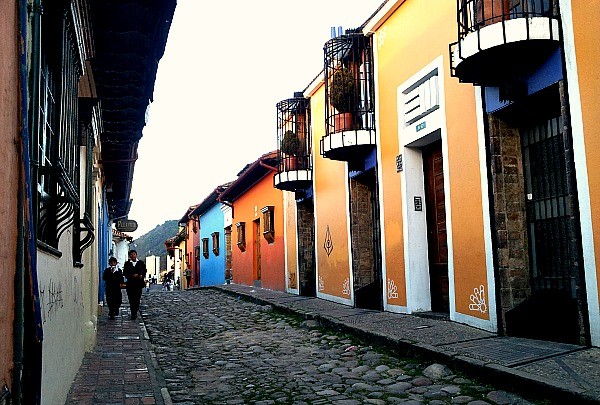
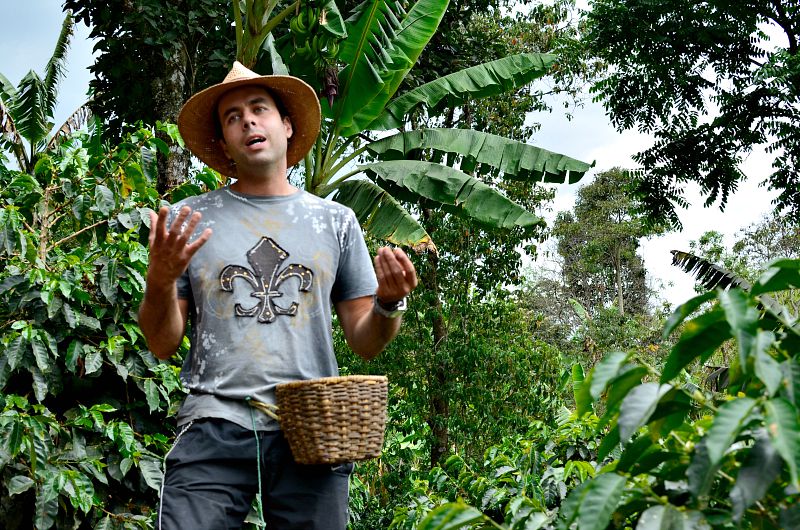
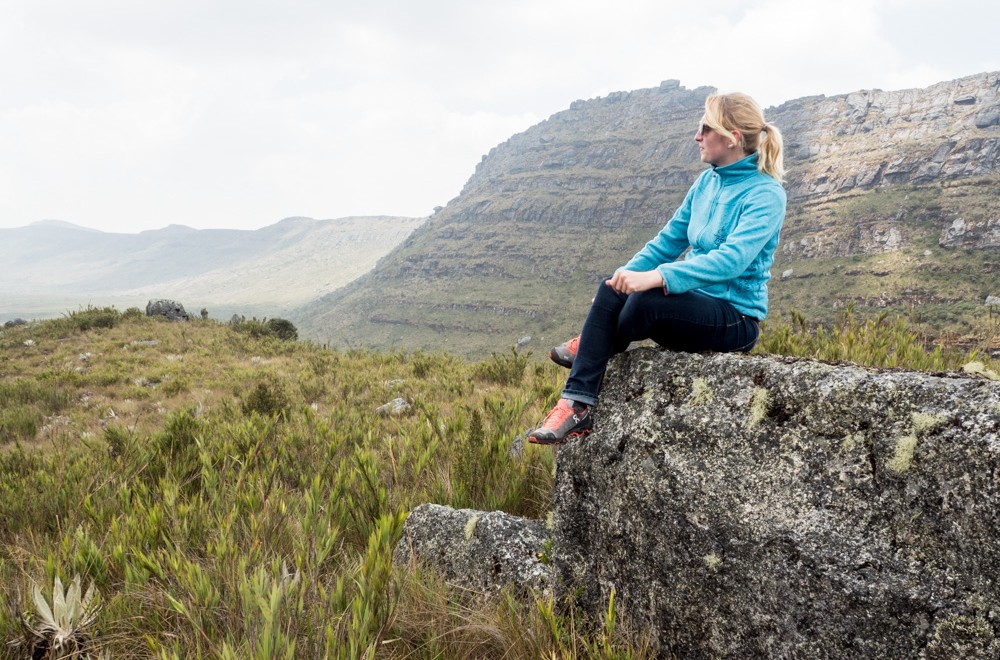


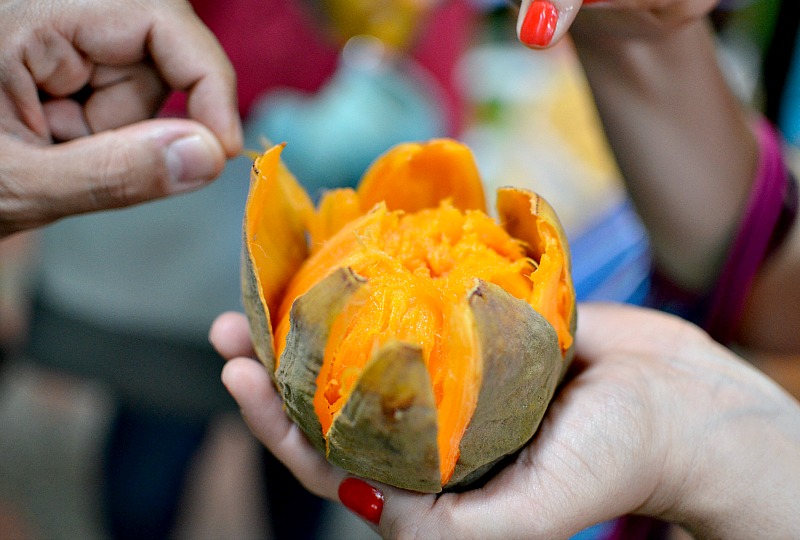

This is very true. Travel and tourism has changed completely past few years.